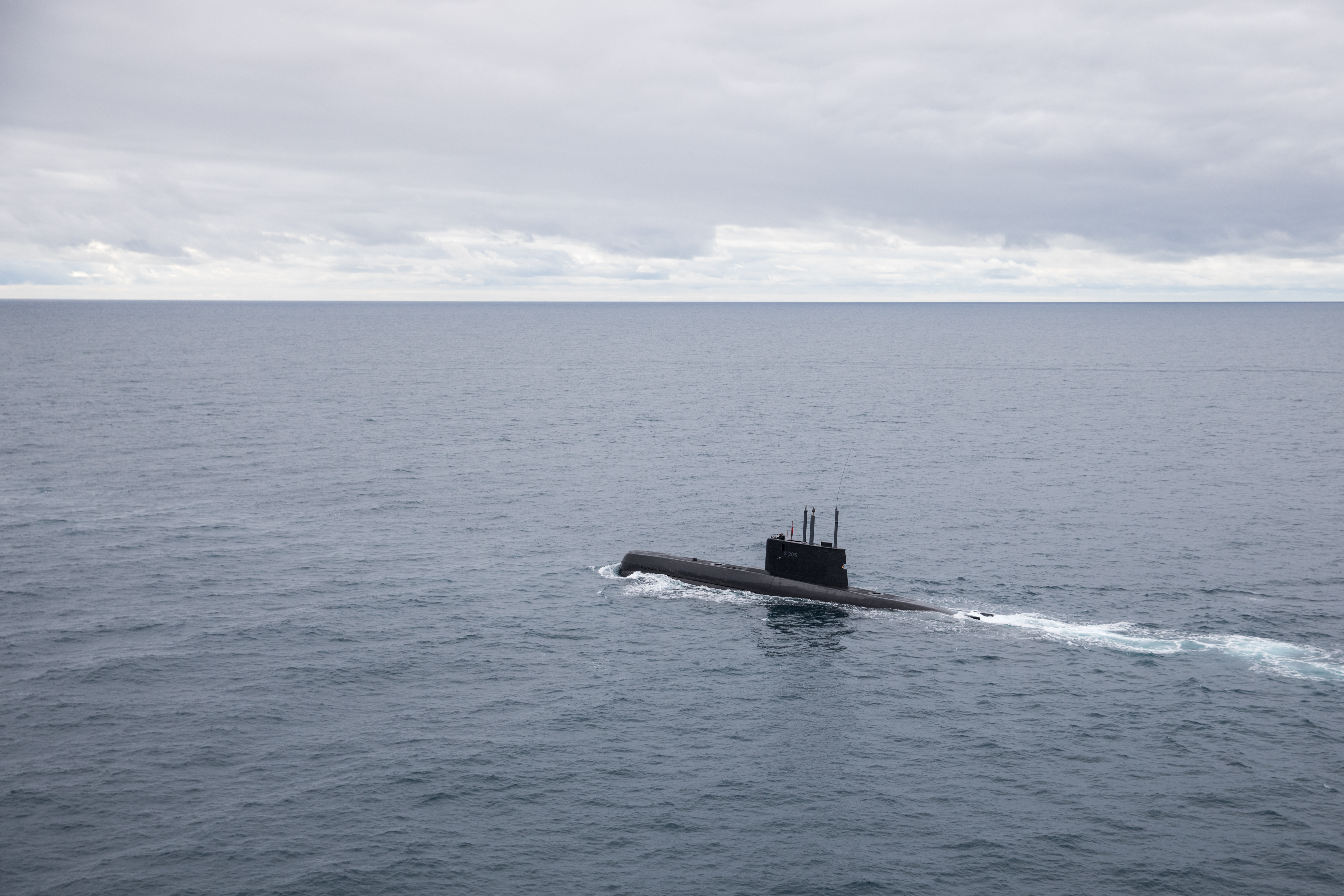Norway’s military calls for widespread Arctic surveillance
"A higher level of military presence in the Arctic is now the new normal situation."

(Jakob Østheim / Forsvaret)
The Norwegian Armed Forces argues that the current security policy situation requires extensive surveillance and presence in the Arctic.
“A higher level of military presence in the Arctic is now the new normal situation,” says Norwegian Chief of Defense, Admiral Haakon Bruun-Hansen.
He presented last year’s end-of-year status earlier this week. The annual report, covering more than 100 pages, says that the Norwegian Navy conducted 48 percent of its activities in 2017 in the Arctic.
During the same period, there was at any given time at least one submarine present in the Arctic.
Maritime patrol flight frequency has been high, and the Army has had ongoing presence in Finnmark County.
“The Coast Guard and Navy have conducted their assigned activities and presence in the Norwegian High North has increased,” the report states.
Upcoming large-scale drill will be a ‘test’
Joint exercises with Norway’s allies are important, says Bruun-Hanssen.
“It strengthens our ability to operate together with our allies, and it increases NATO’s ability to strengthen and defend Norway. We have also updated our national plans so that they are aligned with those of NATO,” he said in his summary.
“NATO’s upcoming large-scale exercise ‘Trident Juncture 2018’ will be a good opportunity to test the reception of reinforcements and host country support in all its aspects together with a series of offices and sectors,” he said.
This year, Norway hosts the ‘Trident Juncture’ NATO exercise. It takes place in October and November and is one of the largest drills for the defense alliance.
Most of the drill, which involves some 35,000 soldiers, 130 planes and 60 vessels, will take place in Norway and adjacent air and sea areas. In addition, a smaller part of the drill will take place in Sweden, Finland and Iceland, and there will be some activity in the Baltic Sea.
Trident Juncture is a so-called ‘High Visibility Exercise’, which NATO aims to arrange every three years. The previous exercise took place in Portugal, Spain and Italy in 2015.
Daily operations a high priority
The Chief of Defense’s annual report also considers the future view following the first operating year of the current long-term plan for the Norwegian defense (2017-2020):
“The current security policy situation requires extensive surveillance and presence in the Arctic and high quality of such activities,” the report said. “An understanding of the situation must be maintained along with the ability to permanently, predictably and legitimately demonstrate sovereignty and exercise authority. Presence in the Arctic will continue with vessels, land-based forces, maritime patrol planes and fighter plane preparedness. Daily operations and situation management will remain a top priority in the time ahead.”
The annual report also points out that the Norwegian defense’s ability to monitor and discover cyberattacks is to be increased in the future, and that the security services will see a gradual increase in its allocations. The military’s property owning office will spend significant amounts on physically securing “prioritized objects worthy of such securing” in the coming years.
This article was first published in Norwegian and was translated by Elisabeth Bergquist.